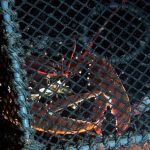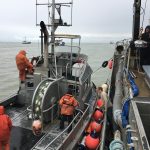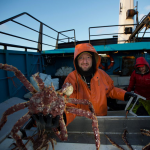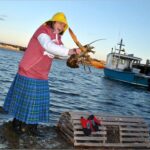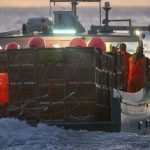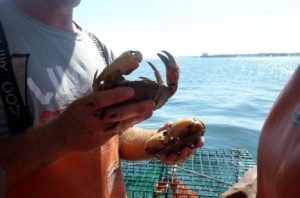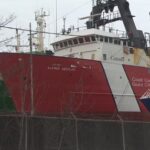Tag Archives: Memorial University’s Fisheries and Marine Institute
A Response – Speak plain English: Scientists can do a better job talking to fishermen
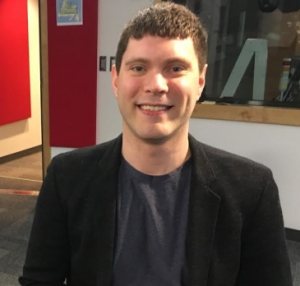 I have just read your recent article by Brett Favaro, director of the Fisheries Sciences at Memorial University’s Fisheries and Marine Institute. “Speak plain English, Scientists can do a better job talking to fishermen, CBC News”. It mirrors what the scientists at the Northeast Science Center at Woodshole have concluded. They are hiring someone to do exactly that, translate between the scientists and the fishermen. I can’t believe that so many brilliant scientists could be so very “intellectually challenged” and arrogant.
I have just read your recent article by Brett Favaro, director of the Fisheries Sciences at Memorial University’s Fisheries and Marine Institute. “Speak plain English, Scientists can do a better job talking to fishermen, CBC News”. It mirrors what the scientists at the Northeast Science Center at Woodshole have concluded. They are hiring someone to do exactly that, translate between the scientists and the fishermen. I can’t believe that so many brilliant scientists could be so very “intellectually challenged” and arrogant.
I have spent my entire adult life fluctuating between fishing and science. My husband is a full time commercial fisherman and my youngest son is a PhD bio mathematician. They understand each other perfectly well. My son fished with his father from the age of 12. He understands fishing and how to listen and how to explain science.
In my opinion the problem is not that the fishermen do not understand the scientists. It is that the scientists no longer understand fishing. The program that you need to add to the curriculum is a year on the back deck learning the ins and outs of actual fishing. How to garner the best data possible from a working fishing vessel. What we have lost is the ability of the scientist to really listen to the fishermen and value their observations.
We should take a lesson from the renown scientist, Henry Bigelow, who spent most of his working career on the back deck of fishing vessels and paying fishermen for their knowledge. Listening to their observations and carefully cataloging them.
Ellen Goethel
Biologist/Owner Explore the Ocean World,LLC
Hampton, NH USA 19:35
Speak plain English: Scientists can do better job talking to fishermen
 Fishermen and DFO scientists may never stand on the same side when it comes to fish quotas and stocks, but the gap can — and should — be bridged, according to an academic director at Memorial University’s Fisheries and Marine Institute. “The fact that there is so much controversy is indicative that communication is a necessary component … If we’re going to find a way forward, we’re going to have to keep talking,” said Brett Favaro, director of the Fisheries Sciences program. “I think this is a really difficult situation.”,, “What we want is the next generation of researchers to be literate in communicating their science, not just — as we say — within their ivory tower … but also be able to mobilize that knowledge and engage with people in conservation groups and industry, in government, to help make that research have a direct impact on the world.” Click here to read the story 09:32
Fishermen and DFO scientists may never stand on the same side when it comes to fish quotas and stocks, but the gap can — and should — be bridged, according to an academic director at Memorial University’s Fisheries and Marine Institute. “The fact that there is so much controversy is indicative that communication is a necessary component … If we’re going to find a way forward, we’re going to have to keep talking,” said Brett Favaro, director of the Fisheries Sciences program. “I think this is a really difficult situation.”,, “What we want is the next generation of researchers to be literate in communicating their science, not just — as we say — within their ivory tower … but also be able to mobilize that knowledge and engage with people in conservation groups and industry, in government, to help make that research have a direct impact on the world.” Click here to read the story 09:32

































